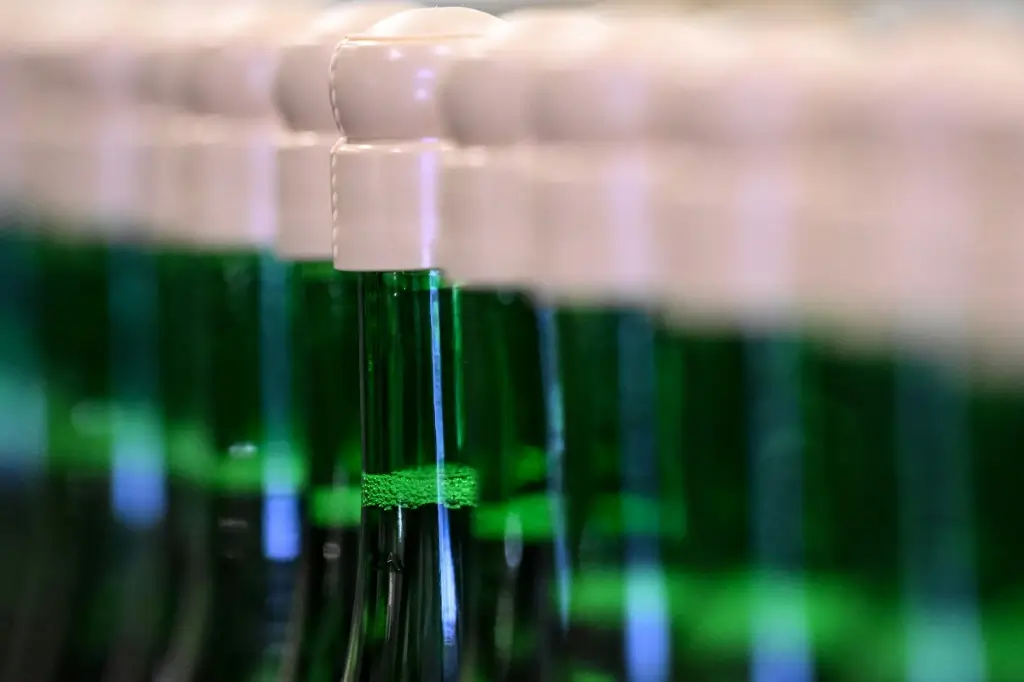
The German government is providing up to one million euros to fund a promotional campaign for German wine. Agriculture Minister Alois Rainer (CSU) announced the decision on Friday following a meeting with industry representatives. He said the sector is currently going through a "difficult phase." Just last week, the newly established association German Winegrowing Future Initiative (Zukunftsinitiative Deutscher Weinbau) raised alarm.
The association warned that "within just a few weeks" up to 50 percent of winemaking families in Germany could face economic collapse. The current situation is "dramatic," with prices for grapes and bulk wine ranging from only 40 to 60 cents per liter, well below production costs. Prices had already been similarly low last year, and a second year in a row would mean the end for many businesses.
Minister Rainer stressed that viticulture in Germany is "not only an important economic factor, but also a valuable cultural asset that shapes the identity and landscapes of many regions." He emphasized the importance of supporting the sector "in this difficult phase." He said he would approach the federal states and also advocate in Brussels for swift and practical solutions.
Rainer also underlined that the policy shift within the Ministry of Agriculture is benefiting winemakers. Some unnecessary reporting requirements in viticulture have already been abolished, and earlier this week the cabinet decided to extend the maximum period for short-term employment of seasonal workers to 90 days. Starting in 2026, the electricity tax for agricultural and forestry businesses will be reduced. "This gives our businesses breathing space," the minister said.